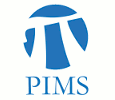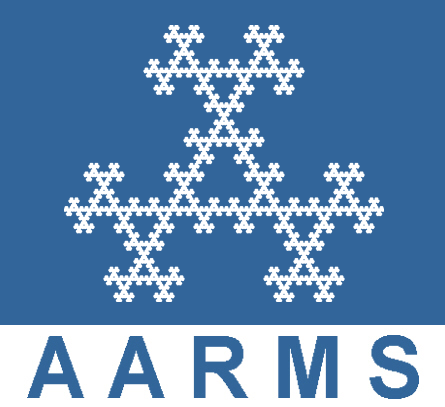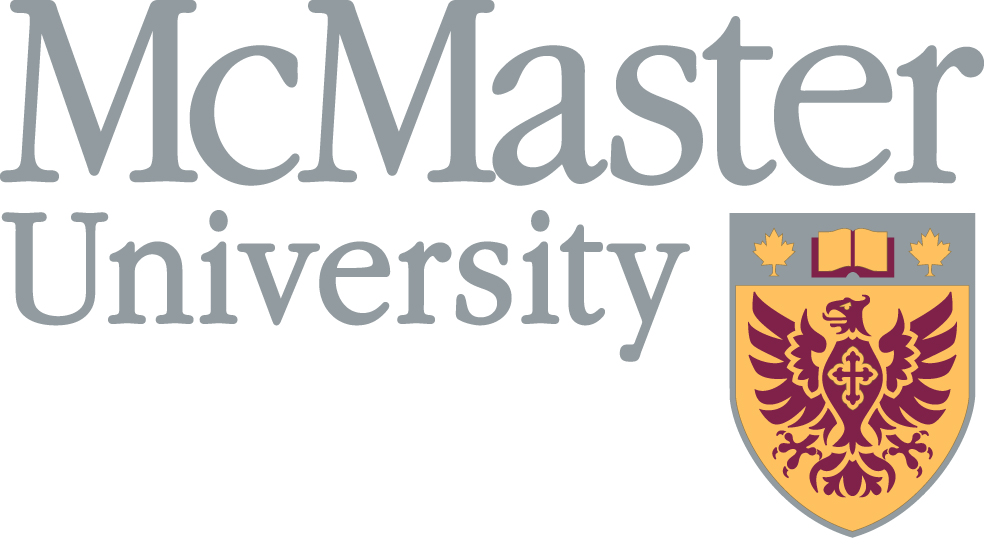Réunion d'hiver SMC 2016
Niagara Falls, 2 - 5 décembre 2016
Org: John Grant McLoughlin (University of New Brunswick) et Caroline Junkins (Western)
[PDF]
- CARMEN BRUNI, University of Waterloo
Mathematical Housing: Downsizing a First Year Proofs Course [PDF]
-
In 2015, the University of Waterloo made a bold decision to reduce the size of their first year first term Introduction to Mathematical Proofs course from 180 students per class to 60. In addition, it was also decided that the course would move from 3 lecture hours a week to 4 lecture hours a week with the intention that students see a mix of both lecturing and tutorial work during class time. All of this followed a course reform that took place in 2012 to account for the changes in education in incoming populations of students.
I will discuss some of the results of this experiment and the effect it has had on first year attrition rates. I will also discuss many of the techniques that I have personally infused into my classroom in response to the additional classroom time.
- BRIAN FORREST, University of Waterloo
Lessons Learned from Teaching Online [PDF]
-
It is a wide held belief that one of the most significant advantages of face-to-face instruction over on-line delivery is that it is much easier to foster deep understanding of the content in the former setting. It this talk I will speak about my experiences teaching a variety of classes online and about the lessons I have learned concerning student engagement. In particular, I will try to explain how these experiences have reshaped the way I approach on campus courses.
- KSENIYA GARASCHUK, University of the Fraser Valley
Collaborative exams in large university courses [PDF]
-
As we use more and more group work in our classes, should we consider introducing it into our assessments? One model that has been used are so-called two-stage assessments, where students first complete and turn in the questions individually and then, working in small groups, answer the same questions again. This technique was first introduced in the UBC Faculty of Science in 2009 and is now being used in at least 20 science courses.
In this session, we will discuss a study of feasibility and effectiveness of two-stage quizzes as introduced into two mathematics courses at UBC with a total of 834 students. We examine both short and long term retention resulting from introducing group assessments, we analyze results of collaborative learning based on question type and group composition. Finally, we present student and instructor feedback as well as discuss future directions of implementation and research.
- JOHN GRANT MCLOUGHLIN, University of New Brunswick
- RICHARD HOSHINO, Quest University Canada
Inspiring Change Through Linear Algebra [PDF]
- RICHARD HOSHINO, Quest University Canada
-
Since February 2013, I have taught math at Quest University Canada, a small liberal arts and sciences university in Squamish, B.C. In this presentation, I'll share the vision and philosophy of my Linear Algebra course, which uses rich inquiry-driven problems to help students discover key concepts on their own (e.g. learning matrix inversion via codebreaking), and has students deliver in-class presentations to share the applications of linear algebra to create deeper engagement.
The biggest success of the course has been the students' final projects, where they must find some real-life problem that can be solved using Linear Algebra. Though none of these students are "math majors", some of these student projects have now been fully implemented: an Integer Program that assigns courses to professors to maximize preferences, as well as automated programs to produce 14-day schedules for a coffee shop in downtown Squamish (with 30 employees) and a trendy restaurant in downtown Victoria (with 25 employees).
I'll conclude by sharing how this inquiry-driven approach has allowed these undergraduates to engage more deeply with course content, where they are able to apply Linear Algebra to inspire change on the issues that matter to them.
- CAROLINE JUNKINS, Western University
The language we use to teach mathematics: a TA workshop [PDF]
-
With little control over course content or its mode of delivery, how can a teaching assistant make an impact on undergraduate student learning? This fall, I ran a 90-minute TA workshop at Western University in which we developed concrete recommendations on how language can be used as a tool to increase student engagement and motivation. In the workshop, we focused on making improvements to the language we use when introducing new subjects, when teaching one-on-one or in a classroom setting, and when providing feedback and support to students.
In this talk, I will give an overview of the workshop and the feedback provided by participants. I will also discuss research by Mesa and Chang which motivated the theme of language and the more technical recommendations for the appropriate use of heterogloss voice to promote and/or steer classroom discussion.
- ANDREW MCEACHERN, Queen's University
How Tournaments Can Change The Classroom [PDF]
-
Mathematical games are often overlooked as teaching tools in classrooms of all levels. They are low-floor, high-ceiling when it comes to student engagement, and students of all abilities tend to grapple with them fairly readily. This talk will focus on the high school and undergraduate level, and describe some ways in which a tournament using mathematical games can fire the imagination of your students. I will describe some pitfalls I've dealt with, and give some helpful advice to those interested in running a tournament, especially for a large group.
- PETER TAYLOR, Queen's University
Development of a secondary mathematics curriculum based on significant works of art. [PDF]
-
Peter Taylor, Divya Lala, Kariane Ouellet, Stefanie Knebel
The humanities and creative arts use a wonderfully “human” curriculum model that is not found in school mathematics. This model begins with the discussion and study of significant works of art and more from there to the creative processes of analysis, reconstruction and even reinvention. Along the way, essential technical skills are developed and practised. Mathematics turns this process around. There are wonderful works of art found in mathematics but school curricula begin with an agenda (often referred to as a laundry list) of technical skills with the ultimate intention of moving on to these works once technical mastery has been achieved. Alas, this grinding mastery turns out to be a slow and deadly process and most often the art and much of the meaning never appear, though the survivors are promised that these will be delivered in university. We discuss the possibilities for a “works of art” model in school mathematics and present an example from the Ontario Grade 10 curriculum.
- JOSEPH TURNBULL, King's University College at the University of Western Ontario
Creating classroom learning communities [PDF]
-
Several techniques for promoting student engagement and active learning will be discussed, centered on the marriage between collaborative learning and individual assessment in first-year mathematics courses. These strategies include several forms of collaborative quiz preparation, mathematics video library projects, and 'teaching through assessment' of in-class tasks.





